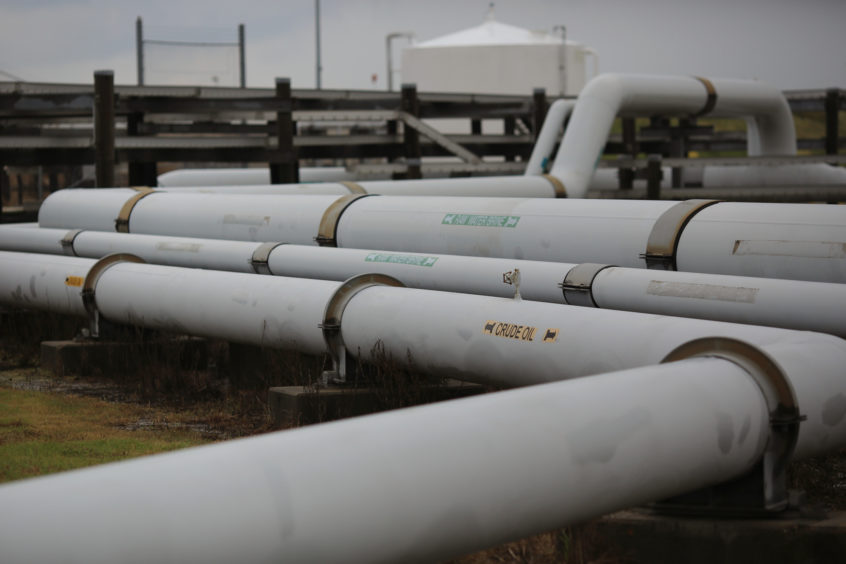
For companies that haul oil and natural gas, the next big thing may be dirty water, according to Jefferies Group LLC.
As booming U.S. oil production unleashes a torrent of contaminated water that rises to the surface with crude, pipeline operators may be in the best position to harness those flows and expand into the water-handling business, said Peter Bowden, Jefferies’ global head of energy investment banking.
In the Permian Basin alone, the combination of saltwater from wells and water used in the fracking process is expected to be three times larger than crude output by 2023, according to Jefferies. Pipeline owners already are adept at transporting oil and gas, so adding water to their portfolios may be a logical next step, Bowden said at an Oilfield Water Connection conference in Houston.
“Water is going to offer them more growth than their core business,” he said. “There’s a case that the public midstream companies should be doing all three streams everywhere they can.”
There have been more than $2.5 billion of Permian-focused water deals so far this year, according to Gabe Collins, a fellow at Rice University’s Baker Institute. Many of the transactions have involved private-equity firms, he said during the same conference.